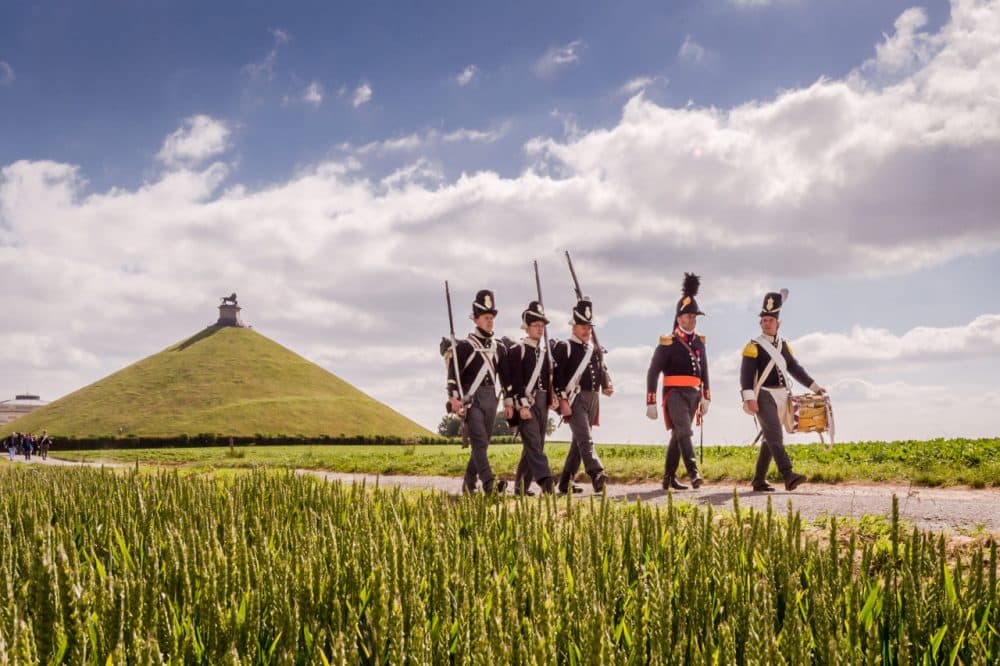Advertisement
Waterloo Changed The World, But For Better Or Worse?
Resume
Today is the 200th anniversary of the Battle of Waterloo, which brought down Napoleon Bonaparte for good.
But even with 200 years perspective, historians disagree about Napoleon's legacy. Some see him as a tyrant determined to build an empire at all costs. Others give him credit for introducing ideals such as public education and meritocracy that form the basis of modern society.
Here & Now's Peter O'Dowd talks with historian and author Andrew Roberts about Napoleon's complicated legacy.
Guest
- Andrew Roberts, historian, visiting professor at King's College, London and author of "Napoleon: A Life."
This segment aired on June 18, 2015.